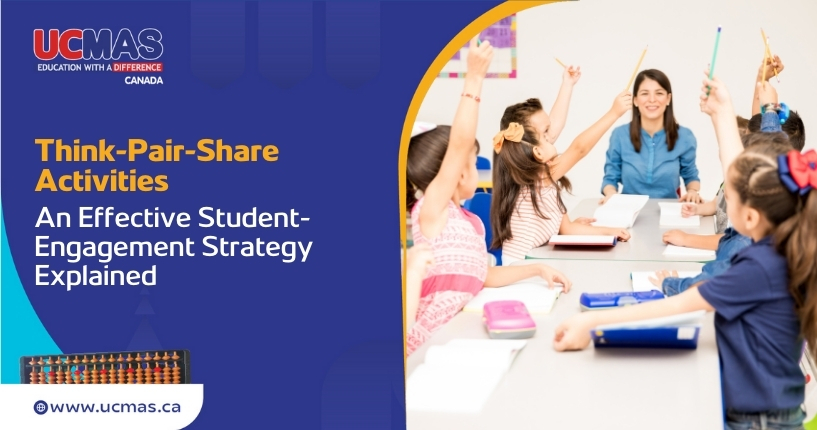
Have you heard about the Think-Pair-Share (TPS) activities yet? This cooperative learning style is impressively effective and can be enforced in any learning environment. This active learning mechanism was first discovered by a professor from the University of Maryland, named Frank Lyman in 1982 and since then, it has become widely popular. This learning style can be deployed to almost any classroom setting from schools to afterschool programs to enhance critical thinking. But what makes TPS so popular and how can students benefit from it? Let’s find out.
Understanding Think Pair Share (TPS)
Think-Pair-Share, acronymed as TPS is a collaborative learning strategy wherein instructors first pose a question to their students and give them time to brainstorm and think over it. After a typical thinking session, students are paired in groups to discuss the idea further. This collaboration helps them solve the problem and develop unique individual perspectives. TPS is often used when discussing math problems, as it promotes participation, enhances engagement, and improves attention.
After pairing comes sharing, wherein children share their findings with the class. Sharing aims to enhance a child’s communication skills, while also helping them understand diverse perspectives. This entire exercise can be as small as a five-minute task or may even take over 30 minutes if the question posed is challenging.
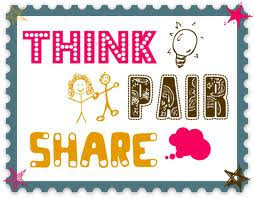
Benefits of TPS
But why do we need TPS at all? Read ahead as we discuss the power of TPS and its benefits.
- Improves critical thinking: This activity helps students develop critical thinking skills and active listening.
- Better Engagement: When children get together to share their solutions to some specific questions/problems, they engage more with their peers.
- Communication and Collaboration: While thinking is an individualistic activity, pairing, and sharing require collaboration and communication skills.
- Promotes Equitable Participation: When adopted in classroom set-ups, TPS improves the quality of discussion and promotes more equitable participation.
- Boosts Confidence: It requires confidence to present your solutions before a group. TPS can boost a student’s confidence and promote better participation and class involvement in all activities.
- Ideal for Mental Math Programs: TPS is often used by Abacus mental math educators to improve the efficiency of mathematical calculations.
Want to learn about other ways that can help enhance your child’s math skills? Read this blog for better insights: Best ways to enhance math skills
Implementing TPS in Mental Math Programs:
In the words of Danica McKellar, a mathematics writer, and an education advocate:
“Math is like going to the gym for your brain. It sharpens your mind.”
Being a cooperative learning tool, TPS is often used in UCMAS mental-math classes to engage the students in a productive struggle. Here is how we use Think, Pair and Share for different UCMAS activities:
1. Think-Pair:
Our educators first introduce a question in class, sometimes using a flashcard showing numbers or bead images and wait while all the students write down their solutions. These activities are either played individually or in groups and the students collect points. We also have “Fun with number” activities like jumble dictation (JD) and listen, recall and write (LRW) that we play in groups. Children can also make use of their Abacus and come up with the solution.
Depending on the complexity of the problem, students may take a few seconds to a few minutes to solve it.
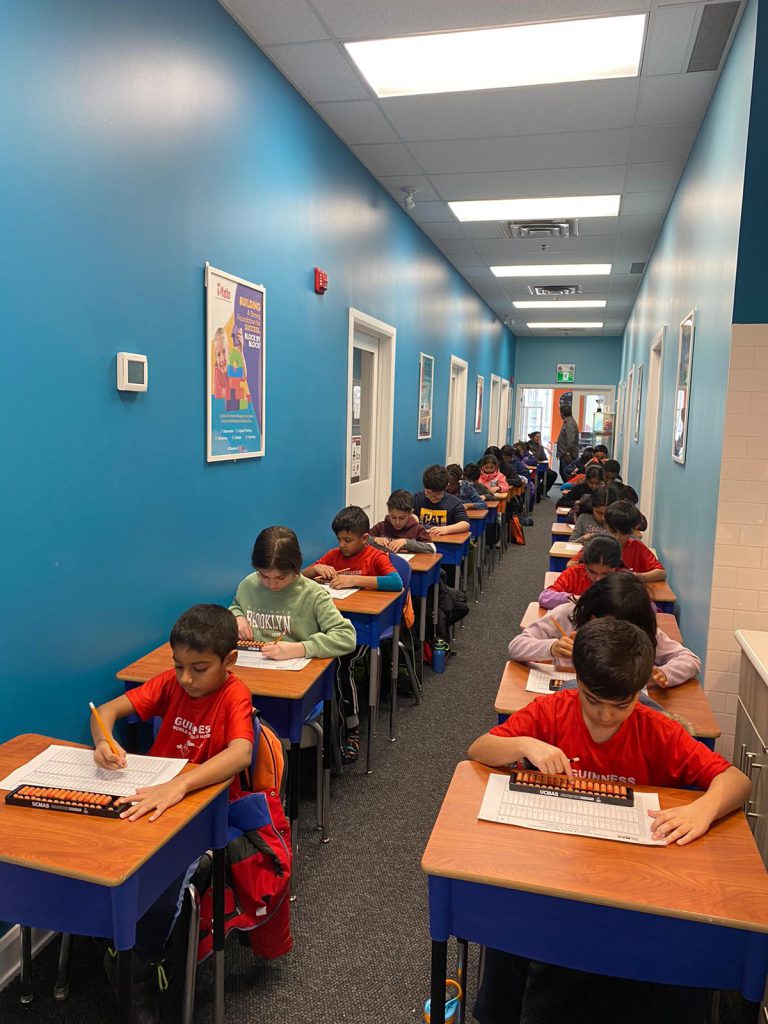
2. Share
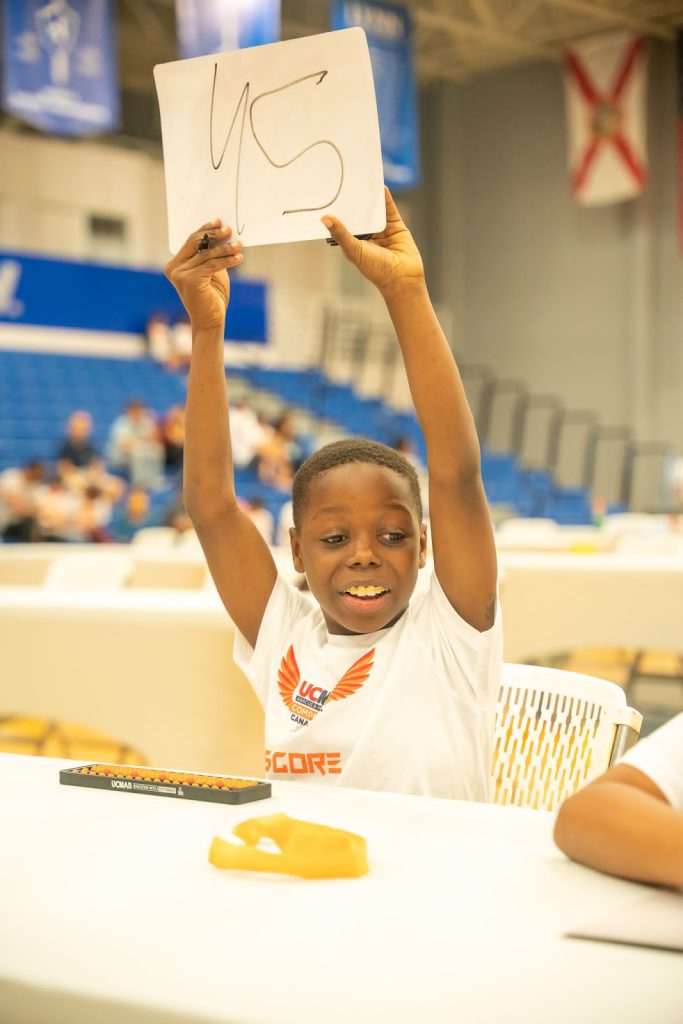
Implementing TPS in our mental math programs makes the program more interesting and deepens the understanding of students. It not only promotes student engagement, but they also learn to help one another.
Are You Looking for the Best Afterschool Program for Your Kids?
Enrolling your child in an afterschool program can improve your child’s aptitude and cognitive skills. It has been seen that these students get better grades and test scores that further boost their confidence.
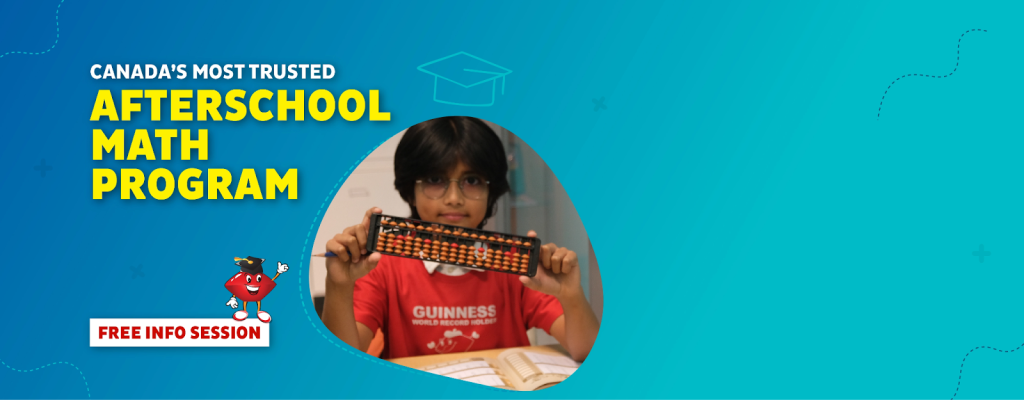
UCMAS is an afterschool program for Abacus mental math that helps children develop math proficiency along with cognitive skills like perception, speed writing, listening, and memory. We adopt interactive and fun learning techniques that help with a child’s whole brain development. We employ a cooperative learning environment to further improve your child’s concentration and confidence.
Your search for the Best Abacus Classes Near You ends here with UCMAS. Just select your city and search for abacus classes near me to get started. Start your child’s journey to a brighter future with UCMAS!





